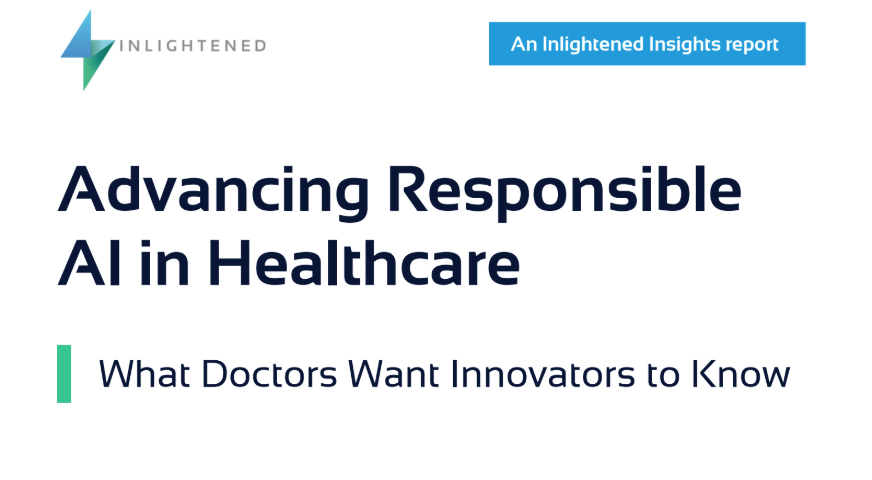
What You Should Know:
– A new survey of U.S. physicians from Inlightened, a tech-enabled healthcare insights platform, reveals a significant paradox in the adoption of artificial intelligence: while a majority of doctors are already using AI tools in their practice, very few feel prepared to manage the benefits and risks, and most are operating without formal organizational guidelines.
– The findings highlight a critical opportunity for AI innovators and healthcare leaders to better support clinicians by developing responsible, effective, and trustworthy solutions that align with the realities of patient care.
AI is in Use, But Confidence is Lacking
The survey reveals a clear gap between adoption and preparedness. More than half of physicians (57%) report that they are currently using AI tools for tasks like ambient listening, clinical documentation, billing, and diagnostics. However, confidence and institutional support are lagging significantly behind usage:
- Only 28% of physicians say they feel prepared to leverage AI’s benefits while also protecting patients from its risks.
- Nearly 4 out of 10 (38%) said their organization does not have any guidelines for the use of AI.
- Another 3 out of 10 clinicians feel their organization is behind in developing AI guidelines.
This data points to a landscape where many physicians are navigating the complexities of AI adoption on their own, often with ad-hoc solutions rather than system-level support.
An Ally and a Threat: How Doctors View AI’s Role
Physicians see AI as a double-edged sword, recognizing its potential benefits while remaining wary of its risks.
- 52% believe AI will be an ally in their current role.
- 30% believe AI will be both an ally and a threat.
Among those who see AI as an ally, the top perceived benefits include helping design treatment plans (40%), enabling more accurate billing (40%), and capturing more revenue (29%). Overall, physicians are optimistic that AI will improve patient outcomes (55%), reduce clinical burnout (50%), and lower healthcare costs (47%).
However, the concerns are significant. For doctors who see AI as a potential threat, the primary fear is being held accountable for AI errors (76%). Many also worry that AI could erode trust with their patients (23%) or lead to increased data and security breaches (42%).
What Doctors Need from AI Innovators
To feel more prepared and to bridge the gap between AI’s promise and its current state, physicians are looking for more than just new technology. When asked what would help them feel more prepared, their top answers were:
- 55% said case studies and examples from colleagues in similar roles.
- 45% said outside training from AI and tech experts.
“These findings reveal significant opportunity for AI to drive responsible disruption across healthcare,” said Shelli Pavone, co-founder and president of Inlightened. “America’s doctors are ready and willing to try AI for a number of use cases, but need the right solutions to demonstrate both the business and [delivery of] care case. The opportunities are vast for companies to close existing gaps – e.g., AI for revenue capture – while addressing clinicians’ concerns, such as AI’s potential to erode trust between a doctor and patient and the question of accountability.”


